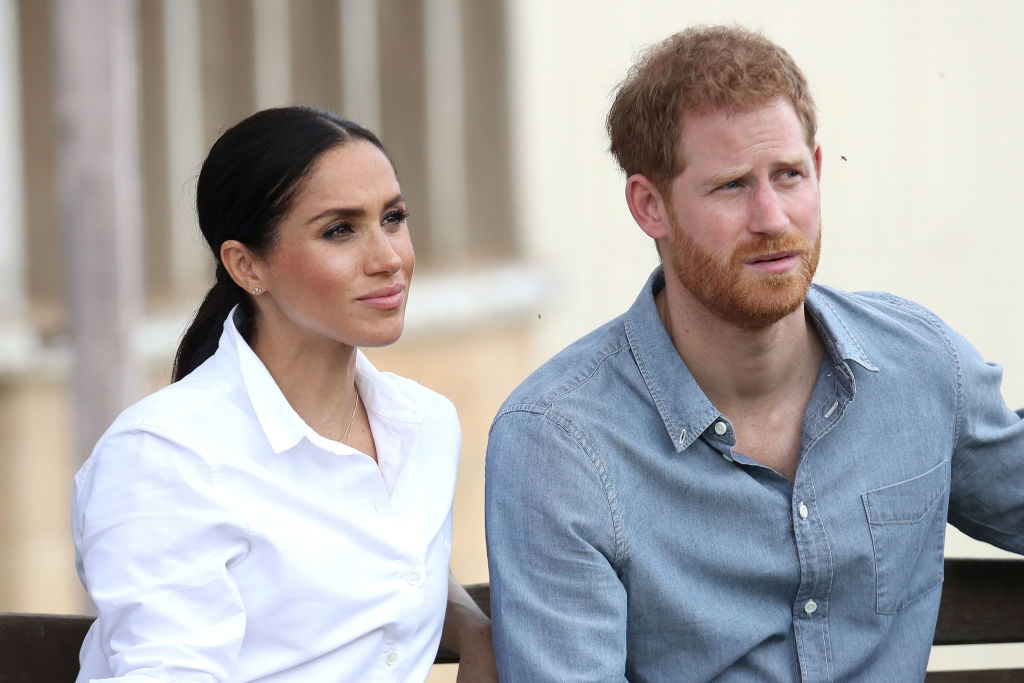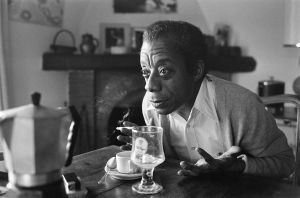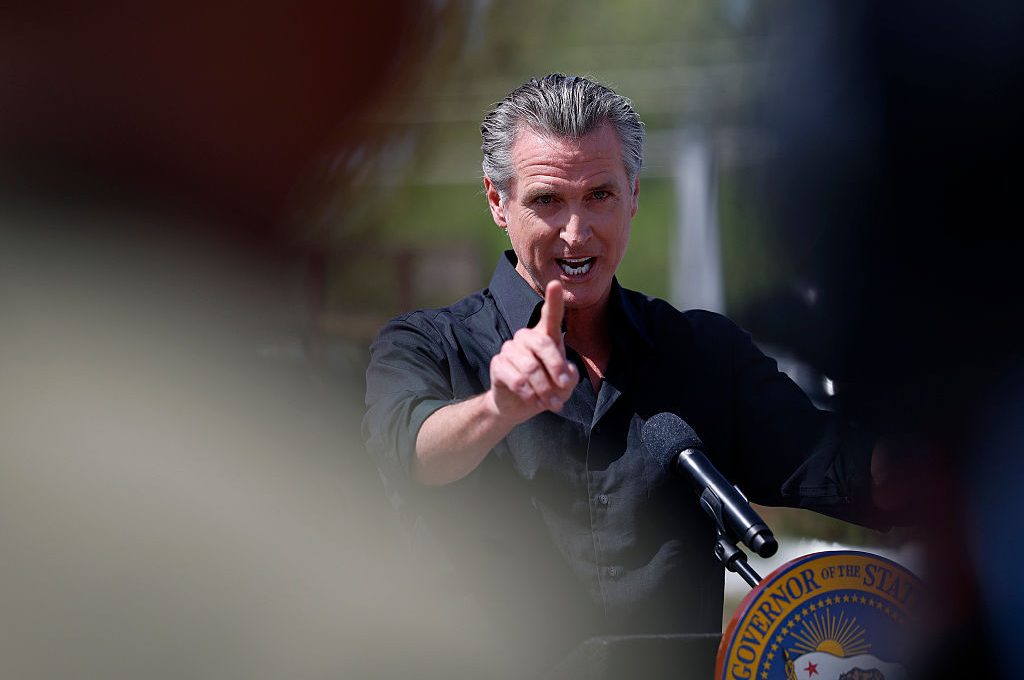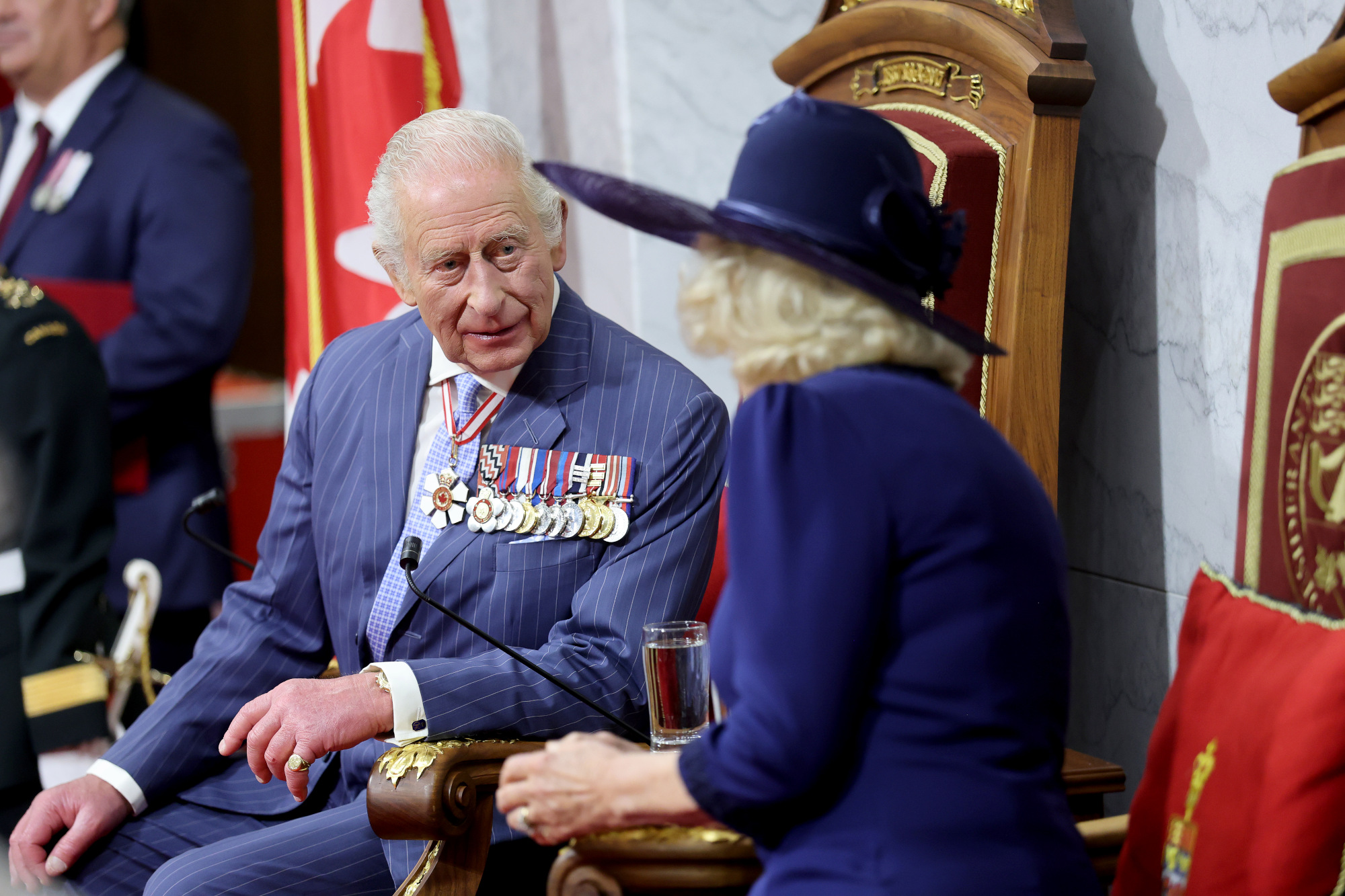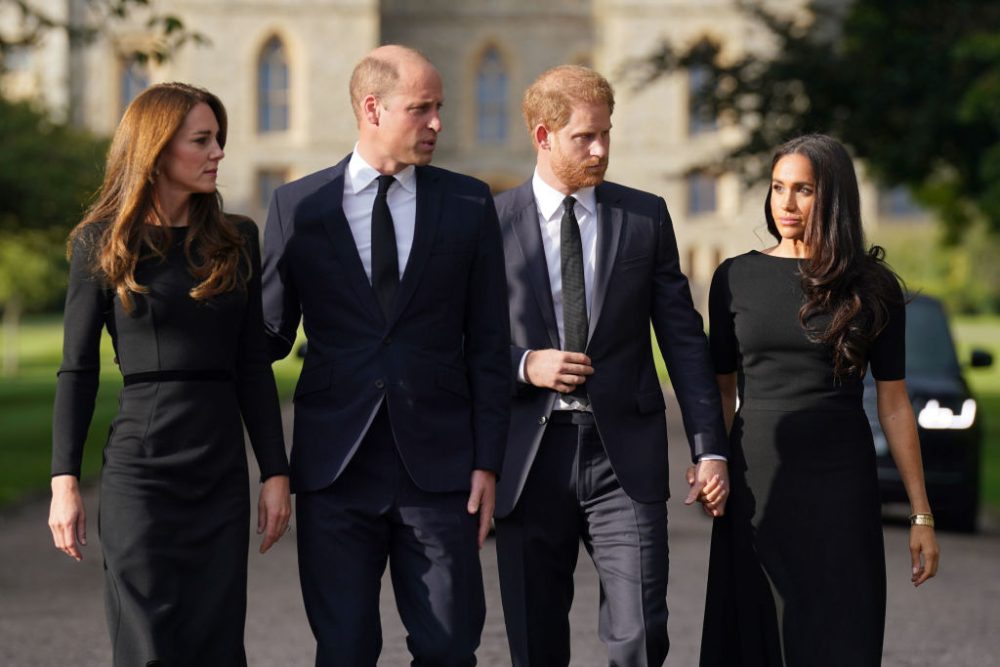Monarchy is madness, a national delusion in which adults behave as children and project onto the objects of their desire. (Children make excellent monarchists. They believe whole-heartedly.) You look at monarchy and see what you want to see: a wholesome family (really?); a powerful nation in, say, 1912 (not anymore); the security that comes from an ideal of unity embodied in a single woman (flimsy). Sometimes delusion runs out. It has no choice. It did last night, when Prince Harry, in conversation with Oprah Winfrey, called his family ‘trapped’. His father and his brother couldn’t leave, he said. He could and he was happy that he did.
People will say anything to keep a delusion alive if it suits them: monarchy is a two-way drug. They will say that Harry is a puppet to a scheming woman, a prince under a witch’s curse. If only he could be returned to the healthy air of Kensington Gardens, the spell would be broken and he would be himself again. They said exactly the same about Wallis Simpson, who did not even want to marry Edward VIII and would have preferred to have remained his mistress. Royal men are all powerful beings unless foreign women are involved. Republicans, though, have long believed that monarchy is an insult to a mature nation — the idea that the royal family are apolitical is laughable, they scheme for their own survival. It is, too — and this was Harry’s testimony — cruel to the family. But it seems Harry is only to be believed when he says what monarchists want to hear. He was, until recently, third in line to the British throne. What more evidence do you need? We have stared at him for 30 years. We watched him walk behind his mother’s coffin to protect his father from the contempt of the British public. Why wouldn’t we believe him now?
It is an uncomfortable truth, of course; that the royal family are not made happy by their state, and it is us that makes them so. Is it healthy to be God, entwined in the poisoned embrace of the monarchist and its mouthpiece, the traditional British press, which wants to consume them daily in a charade that is both cynical and sentimental? Is it fair? Diana, Princess of Wales, knew it wasn’t. A crown, for her, meant nothing if her husband didn’t love her. Princess Margaret knew it too: she was denied the man she wanted to marry and was emotionally abused by the man she did. Sarah Ferguson fell apart. All these women were fiercely briefed against, and Meghan was too. Their imperfections were printed in bold type because their unhappiness was a threat to the national delusion. There are more examples though: George VI, for example. The Queen Mother used to say that being king killed him. Do you believe her testimony, or did she say it for Twitter likes?
The Windsor family hold what they think is a golden object and they will scheme and harm each other to keep it. That was Harry’s central revelation, and it was brave: daylight upon the magic, and the wreckage.
This article was originally published on The Spectator’s UK website.



